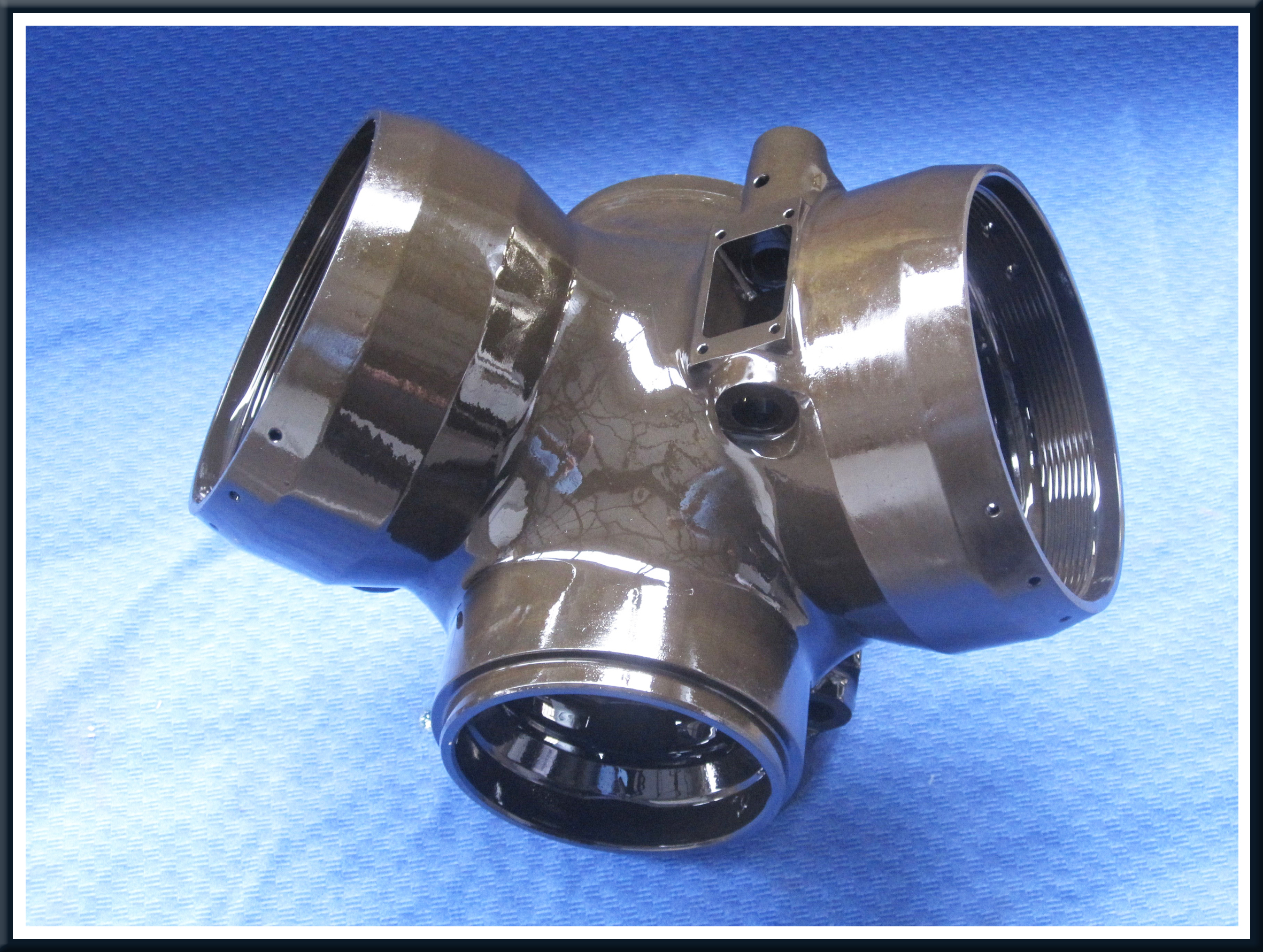Phosphating is a process which changes a metallic surface to a non-metallic surface by chemical conversion of the metal. The phosphate coating forms an integral part of the surface, the translucent crystals appearing black to dark grey in colour. Suitable for ferrous metals, it is an economic and speedy process, affording excellent corrosion resistance, wear resistance, adhesion and lubrication properties.
Our vast experience and grain refining procedures mean we can produce the finest, smoothest, densest manganese phosphate coating available with little or no dimensional change.
Manganese phosphate coatings have a more stable structure than zinc phosphate, especially under high pressure and high temperature. In addition to corrosion resistance and lubricity the surface also acts as a binder for lubricants and rust preventive waxes, along with its load bearing properties which make it ideal for bearing and sliding applications.
Manganese phosphating also provides a surface that can hold much higher volume top coats (exceeding the capacity of zinc phosphate) and also improves the adhesive bonding properties of plain carbon steels.
Zinc phosphate coating is used to provide long lasting corrosion protection, used by virtually all automotive manufacturers. It is recommended for products which are open to harsh weather conditions.



